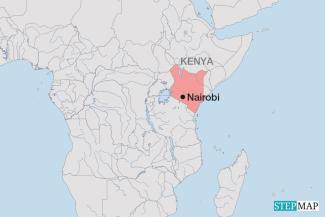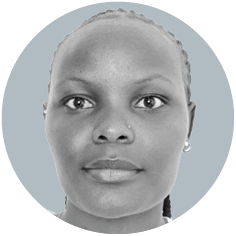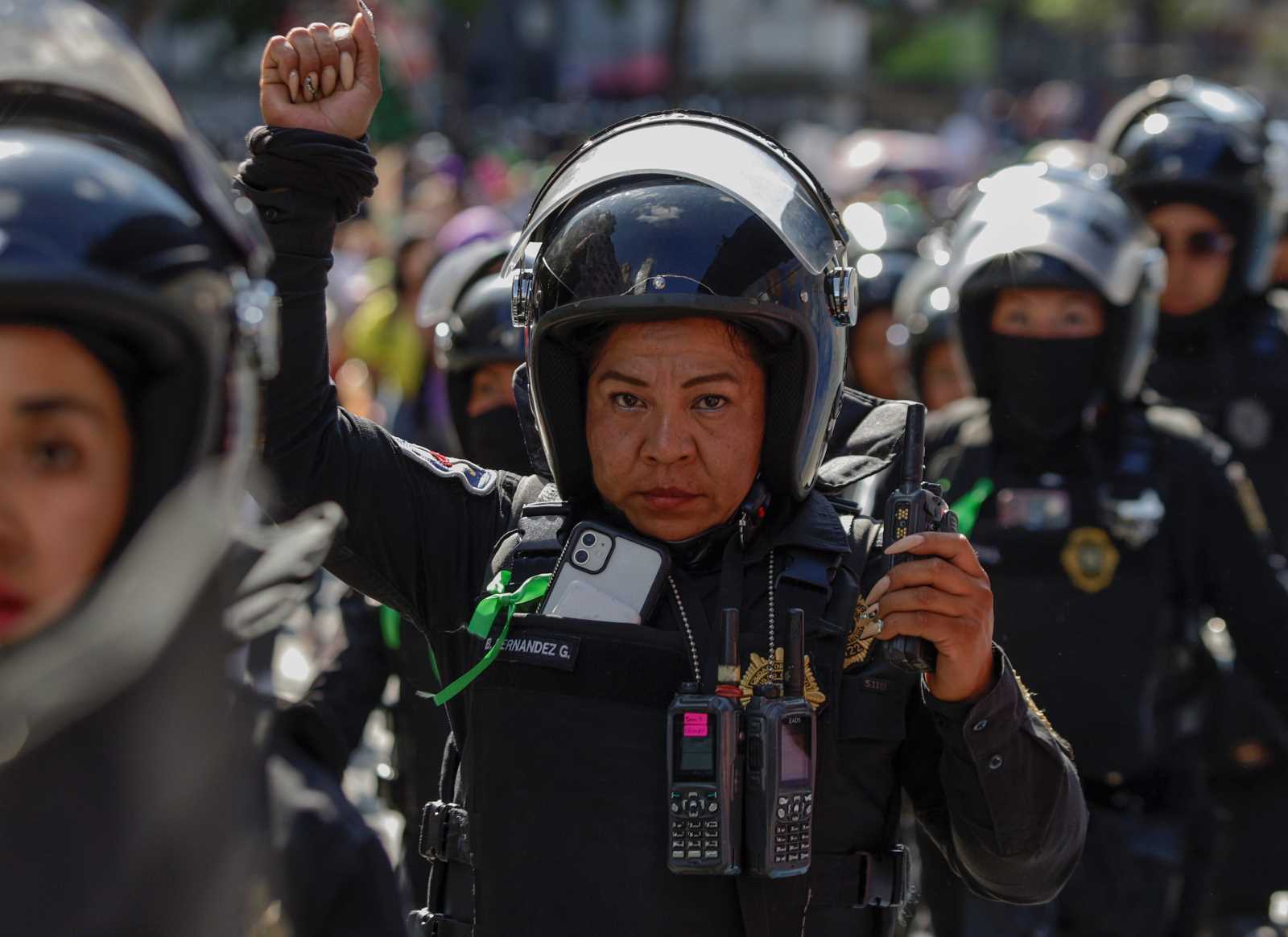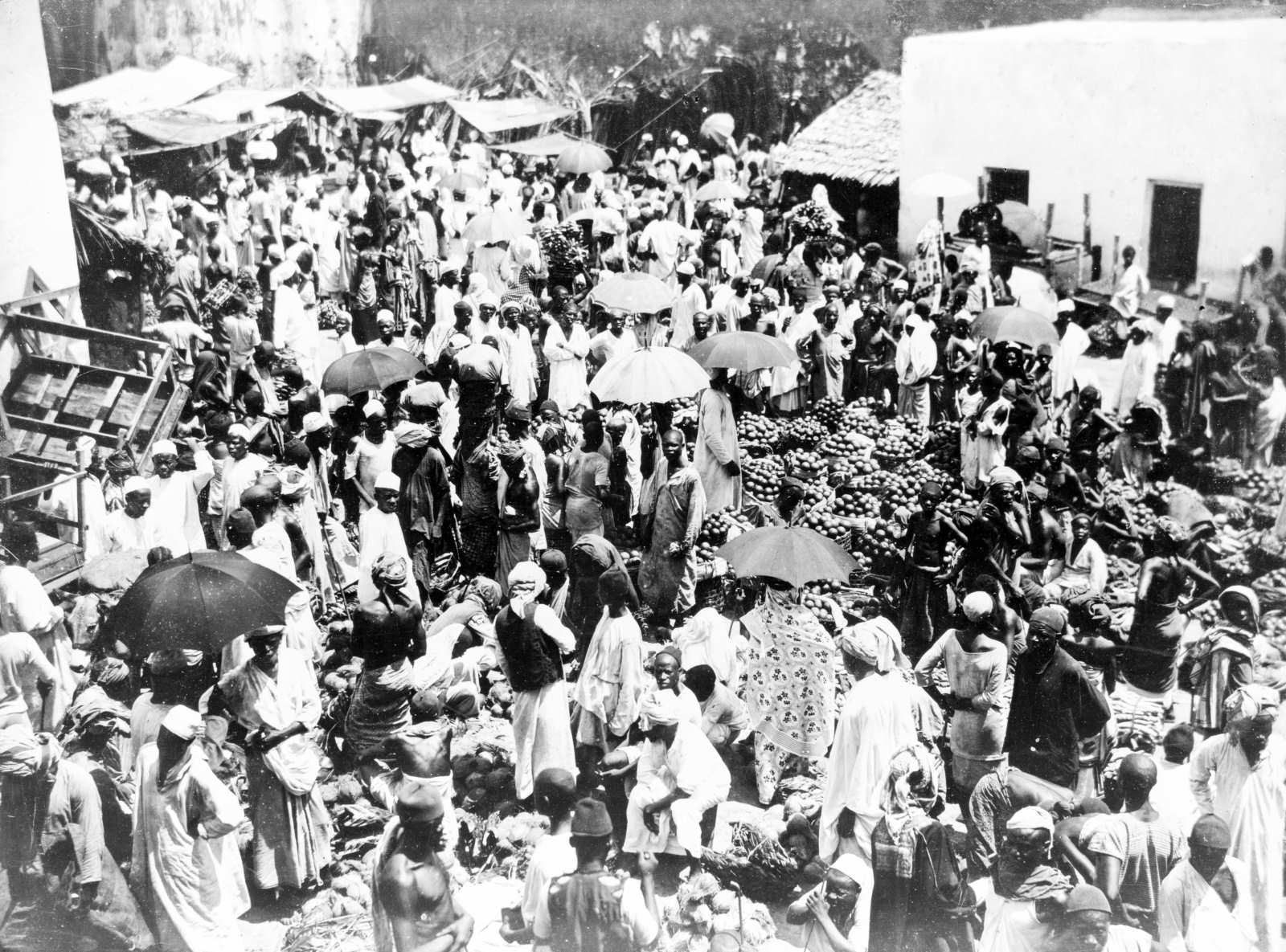Tradition
Modern dowry payment in Kenya

In Kenya, the largest ethnic group, the Kikuyu, refer to the dowry payment ceremony as “ruracio”. Historically, it served as a kind of guarantee for the security of the bride and ensured her well-being in the new family she was introduced to.
Even today, the ruracio, which usually takes place a few days or months before the actual wedding, provides an opportunity to celebrate together and strengthens the cultural identity, customs and traditions that are passed on from one generation to the next.
The event usually begins in the afternoon and takes place in the bride’s family home. The beginning of the ceremony is marked by ecstatic singing and dancing by the groom’s entourage, who try to persuade the bride’s relatives to allow them into the house. This continues until they are welcomed inside.
Once the crowd settles down, the process of dowry negotiations begins. During this time, the bride is not present, but is represented by her father and uncles, while the groom is present with his representatives. The groom’s family, led by elders and spokespersons, present the dowry to the bride’s family. Both families discuss and agree on the terms of the marriage, including the amount and composition of the dowry.
Some items are obligatory due to their symbolic value: blankets (which both grandmothers of the bride receive), a coat, a hat and a walking stick for the grandfathers. The bride’s mother receives wheat, corn, tea leaves and a water tank as compensation for that her daughter can no longer fulfil her task of fetching water for the household.
David, 31, and Sheila, 26, recently held their ruracio in coastal Kenya, where the bride is from. David explains that the value of the bride varies. Some families give a value that does not burden the groom and at the same time does not devalue their daughter. He further explains that a bride’s dowry is mainly determined by the amount of dowry her father paid for her mother. Some families simply evaluate the bride price by adding the expenses for their daughters’ education from kindergarten to university.
In David’s case, he was asked to pay the value of 100 goats for Sheila, each worth the equivalent of just under 30 dollars. Traditionally, goats and cows were physically delivered, but nowadays most families exchange this livestock for cash.
The ceremony, which is supposed to last until sunset, is characterised by a feast and joyful singing and dancing after the groom has successfully unveiled the bride, who is dressed in a traditional Kikuyu dress.
David works as an accountant in Nairobi, while Sheila earns her living as a social-media influencer. When asked why they maintain these traditions despite living as a very modern couple, David replies: “You choose not to let modernisation undermine traditions.” Both explain that despite the pressure of paying the dowry, this act is part of honouring their parents, valuing their relationship and sealing their commitment.
Alba Nakuwa is a freelance journalist from South Sudan based in Nairobi.
albanakwa@gmail.com












